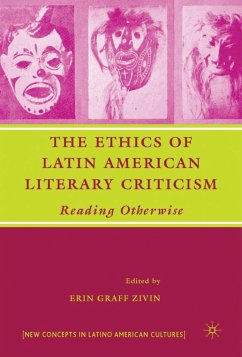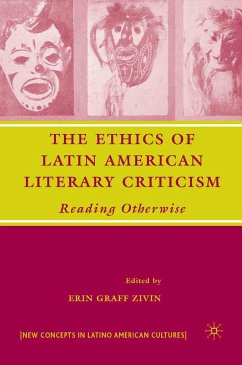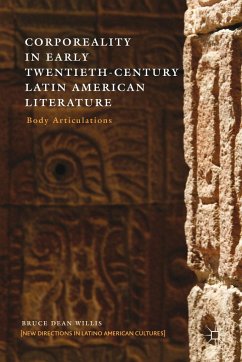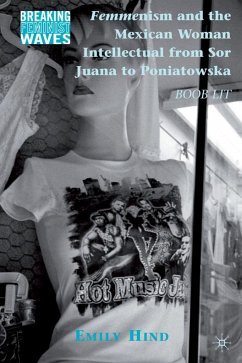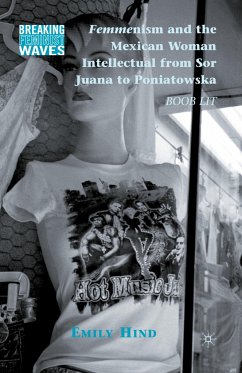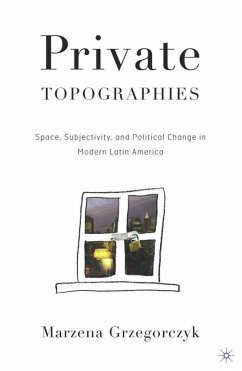"Excellent, ground-breaking ... The topic of The Letter of Violence is a timely one, and one to which Avelar does justice." - George Yudice, Director, Center for Latin American and Caribbean Studies, New York University
"The Letter of Violence addresses crucially important topics - violence, torture,truth and war - as they are scrutinized in contemporary political theory,philosophy, ethics and literature. Drawing on recent Latin American history and literature, Avelar goes beyond the regional scenario to explore the links between rhetorical,literary, political and juridical instances of violence. Rejecting functional or cause-and-effect explanations, he debates issues raised by Derrida, Virilio,Scarry, Nussbaum, and Benjamin, among
others. The breadth of vision make the book essential reading for our time." - Jean Franco, Columbia University
"This new book by Idelber Avelar offers a timely reflection on the representation of violence by modern social thinkers. With powerful readings of political and cultural theorists extending from Marx and Arendt to Benjamin and Derrida, Avelar urges us to consider both the ethical questions behind the discourse on violence and the role of high culture in the portrayal of human suffering. Literature becomes an important source of ethical and critical theory as Avelar draws upon Borges as well as a wide range of Colombian writers in order to point to the linkages between symbolic instances of violence and violence perpetrated by the law. As a whole, The Letter of Violence forces us to grapple with the complicity, once noted by Benjamin, between civilization and barbarism and the degree to which violence underlies our assumptions about modernity and social justice." - Francine Masiello, University of California at Berkeley
"The essays collected in this book are most timely. Idelber Avelar discusses the ethical questions raised by war, violence and torture, and specifically the profound linksbetween language and violence. With novel freshness, the author has also confronted those themes in 19th century Colombian novels. The point of departure is a consideration of philosophical and historical reflections by von Clausewitz, Walter Benjamin, Derrida, Frantz Fanon, Hannah Arendt, Foucault and Paul Virilio. Alvelar draws the attention of the reader to the urgent relevance of such debates to the history of modern Latin America. This thought provoking book deserves to be widely read." - Arcadio Díaz Quiñones, Princeton University








